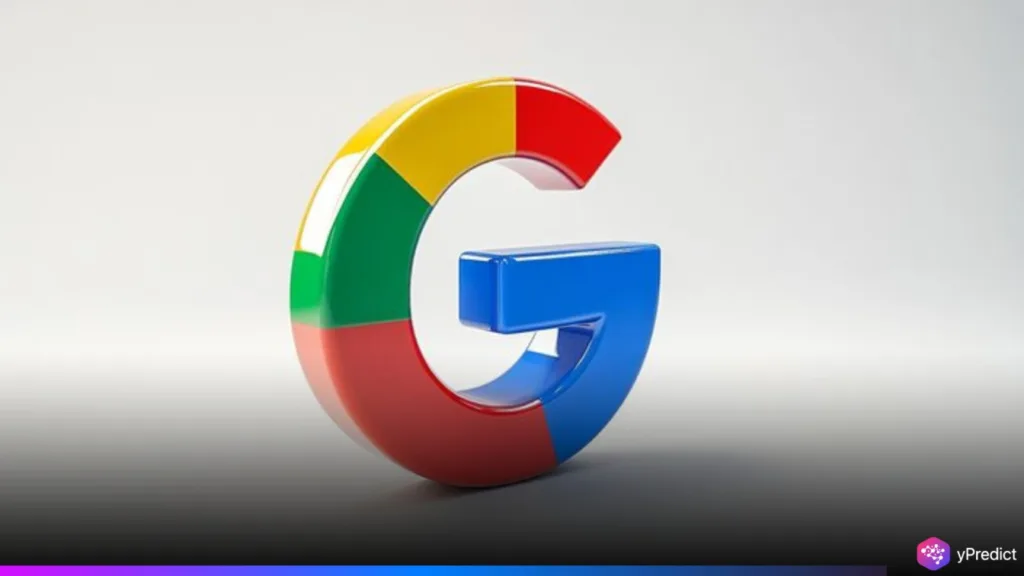
Google has announced plans to appeal a landmark U.S. antitrust ruling that found the tech giant illegally maintained its dominance in the online search market. The case, brought by the DOJ and several states in 2020, centers on multibillion-dollar agreements with device makers to secure default search status. Judge Amit Mehta’s decision marks a critical moment in efforts to rein in Big Tech, with the appeal likely to have far-reaching implications for digital market regulation.
Google Defends Competitive Practices
Reuters reports that Alphabet’s Google will appeal the US federal court decision that found the internet behemoth illegally maintaining a monopoly in online search and advertising. The ruling, which follows a multiyear investigation by the US Department of Justice (DOJ) and a coalition of states, is one of the most significant antitrust proceedings against a technology company since the Microsoft case in the late 1990s.
In a statement posted on X (formerly Twitter), Google reaffirmed its opposition to the court’s findings, asserting that
While we heard a lot about how the remedies would help various well-funded competitors (w/ repeated references to Bing), we heard very little about how all this helps consumers. We will wait for the Court’s opinion. And we still strongly believe the Court’s original decision was wrong, and look forward to our eventual appeal.
The DOJ launched this case in 2020, alleging that Google used its financial might to secure default search engine status across major platforms and devices. These agreements, particularly with Apple and Samsung, have become central to the Google antitrust ruling. Google reportedly paid $26.3 billion in 2021 alone to maintain its position as the default search engine across browsers and mobile devices, with Apple receiving the lion’s share of the payments, maybe up to $19 billion.
The DOJ contends that Google’s default search agreements suppress competition by limiting rivals’ access to key distribution channels. While Google argues its dominance stems from product quality, prosecutors claim its financial leverage leaves little room for competitors to thrive.
Judge Mehta, overseeing the case since 2023, is expected to rule by August. Remedies being considered include data-sharing requirements, independent oversight, and possibly forcing Google to divest its core ad unit, Google Ad Manager.
Google Defends Competitive Practices
During the hearings, Google’s legal team, led by attorney John Schmidtlein, disputed these allegations. He said that Google has willingly withdrawn from exclusive arrangements with smartphone manufacturers, allowing competitors such as Samsung to provide rival AI and search technologies.
Schmidtlein also rejected ideas requiring Google to share its search data and algorithms with competitors, describing it as a “handout” that undermines the company’s two-decade investment in exclusive technology. Moreover, Google warned that some of the proposed remedies, such as forced data-sharing with competitors, could compromise user privacy and intellectual property rights.
One of the DOJ’s more controversial proposals would require Google to provide competitors access to its search index, user queries, and engagement data. Supported by the FTC, regulators argue this would promote fair competition in search and AI while ensuring privacy protections. However, Google opposes the measure, citing security concerns and the Supreme Court’s Trinko decision, which it argues confirms there is no legal obligation to share proprietary systems with rivals.
Broader Antitrust Push Tied to AI and Chrome
In a separate ruling in April, another judge found Google guilty of monopolizing two digital ad markets. The DOJ has since proposed structural remedies, including forcing Google to divest Chrome, banning default search payments, and opening its search infrastructure to rivals.
While critics warn these measures could hinder innovation and privacy, supporters argue they’re essential to curb Google’s market power. Regulators also worry Google’s search dominance could give it an unfair advantage in AI, especially as its Gemini product becomes more integrated with search.
The court’s upcoming decision could significantly impact digital advertising and AI development. Remedies may force Google to relinquish control of key assets like Chrome, with companies such as OpenAI reportedly interested. A ruling against Google could mark a turning point in Big Tech regulation, challenging its two-decade dominance in search and reshaping the AI landscape.







